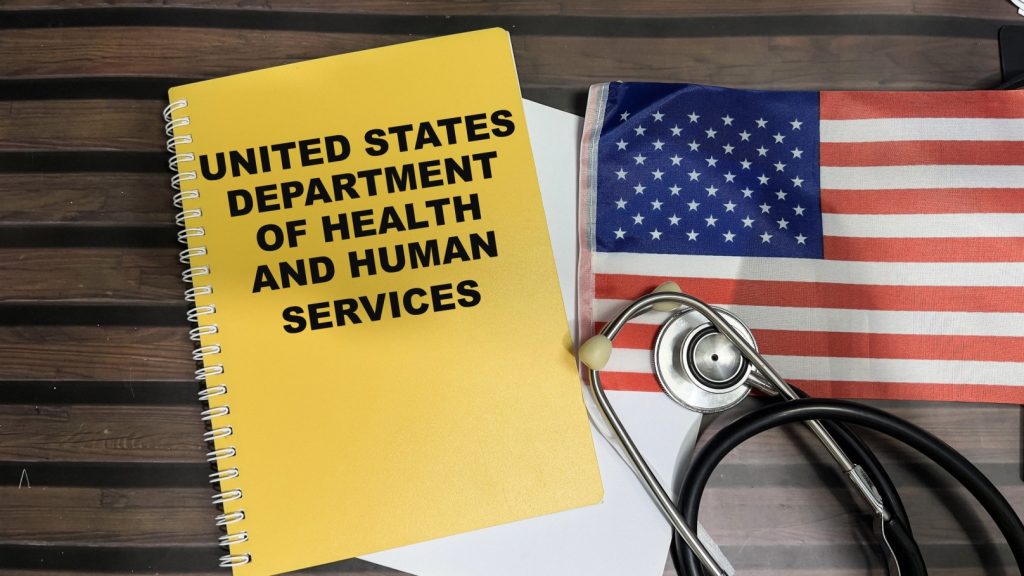cancers
Black, Hispanic Patients Have Higher Risk of Death From Second Primary Cancers
Black and Hispanic patients have a higher risk of death from second primary cancers than White and Asian/Pacific Islander patients, according to a ...
Excess risk of chronic health conditions in Hispanic survivors of adolescent and young adult cancers
Purpose:
There is a growing population of survivors of adolescent and young adult (AYA) cancers (age 15-39 years at diagnosis). Stud...
University Hospitals to use AI to screen underserved communities for colorectal cancers | News
Since March, doctors at University Hospitals’ (UH) main campus near University Circle in Cleveland have been using artificial intelligence to...
Reversing Breast Cancer's Trajectory in the Latinx Community
Latinas face a barrage of obstacles to consistent screening and care.
Finding childcare and transportation for appointments can be challenging, can...
Hispanic Patients See Highest Increase Among Uterine Cancer’s Growing Mortality Rate
Racial and ethnic groups are disproportionately affected by the increase in uterine cancer mortality in the United States, researchers explained in...
Racial and ethnic disparities in incidence and mortality for the five most common gastrointestinal cancers in the United States
Background:
Gastrointestinal cancers account for a significant burden of cancers in the United States. We sought to measure relative...
Trending Topics
Features
- Drive Toolkit
Download and distribute powerful vaccination QI resources for your community.
- Health Champions
Sign up now to support health equity and sustainable health outcomes in your community.
- Cancer Early Detection
MCED tests use a simple blood draw to screen for many kinds of cancer at once.
- PR
FYHN is a bridge connecting health information providers to BIPOC communities in a trusted environment.
- Medicare
Discover an honest look at our Medicare system.
- Alliance for Representative Clinical Trials
ARC was launched to create a network of community clinicians to diversify and bring clinical trials to communities of color and other communities that have been underrepresented.
- Reducing Patient Risk
The single most important purpose of our healthcare system is to reduce patient risk for an acute event.
























